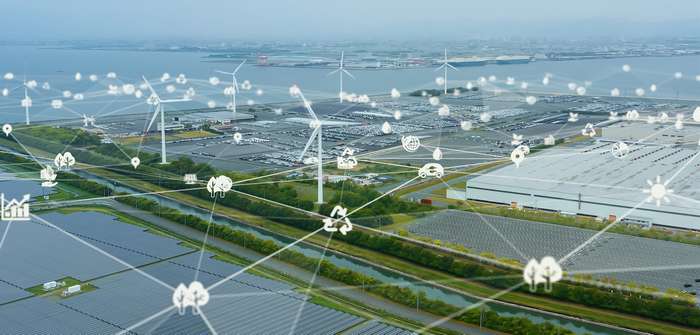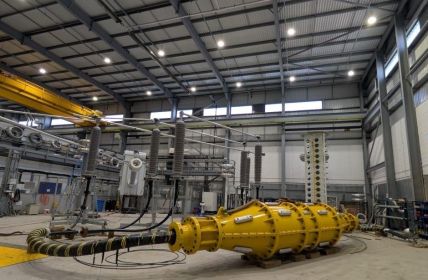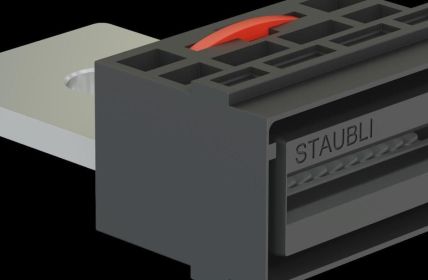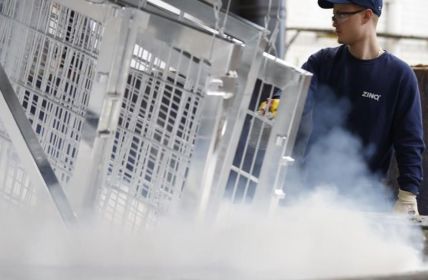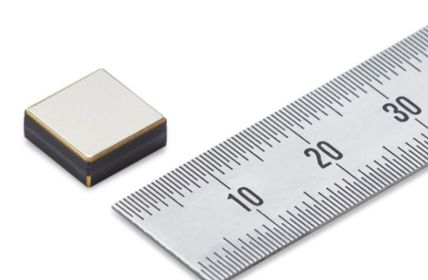In the aftermath of COP26, the IoT director of Vodafone Business highlighted the importance of Internet of Things technology in achieving the targeted goals. But simply collecting data is no longer enough, he said. New paths must now be taken.
Table of Contents: What awaits you in this article
COP26: Initiating climate protection
COP26 was the 2021 UN climate conference in Glasgow. At it, precise measures were to be decided that would enable the resolutions of the Paris Agreement to be implemented. In particular, it was intended to better realize the widely supported goal of meeting the 1.5 degree guideline. Erik Brenneis sees the appeals made there specifically as a call to all IoT companies. They would need to become developers and enablers of technologies that help support these goals.
Crisis as IoT door opener
Brenneis is not alone in seeing the current crisis as an opportunity for Internet of Things technologies. Many companies have been prodded by political and economic circumstances to dare to digitize more than they might have been willing to before. They are often implementing IoT technologies in order to continue to keep up and successfully compete in the market under changed circumstances. In addition, many of them have also been able to open up new business areas as a result.
Don’t get stuck in old patterns
For IoT to reach its full potential, however, its users should not remain stuck in old patterns. The days of just measuring and managing data are definitely over. The task now is to use it to maximum effect. Work and business processes must be optimized. Wasting resources and expanding costs must be curbed, just as time management should be improved.
IoT for better market adaptation
IoT has increasingly evolved over time from a tool for establishing connectivity to an increasingly irreplaceable means of managing processes. It is steadily enabling its users to do more to adapt to ever-changing market conditions. Above all, the increased integration of customer needs and the optimization of employee skills are worth mentioning in this context.
Avoiding waste
In detail, this can mean eliminating waste using IoT. Increasing adjustments in supply chain management can help conserve scarce resources and significantly reduce waste. Data analysis of networked services and products at customer sites can lead to completely new and, above all, more sustainable business models.
One example of this is projects that are already enabling agricultural businesses to drastically reduce their water and pesticide consumption through IoT data analysis. IoT is also already saving tons of CO2. Compliance with environmental standards is thus increasingly becoming a cost-benefit factor that should not be underestimated.


